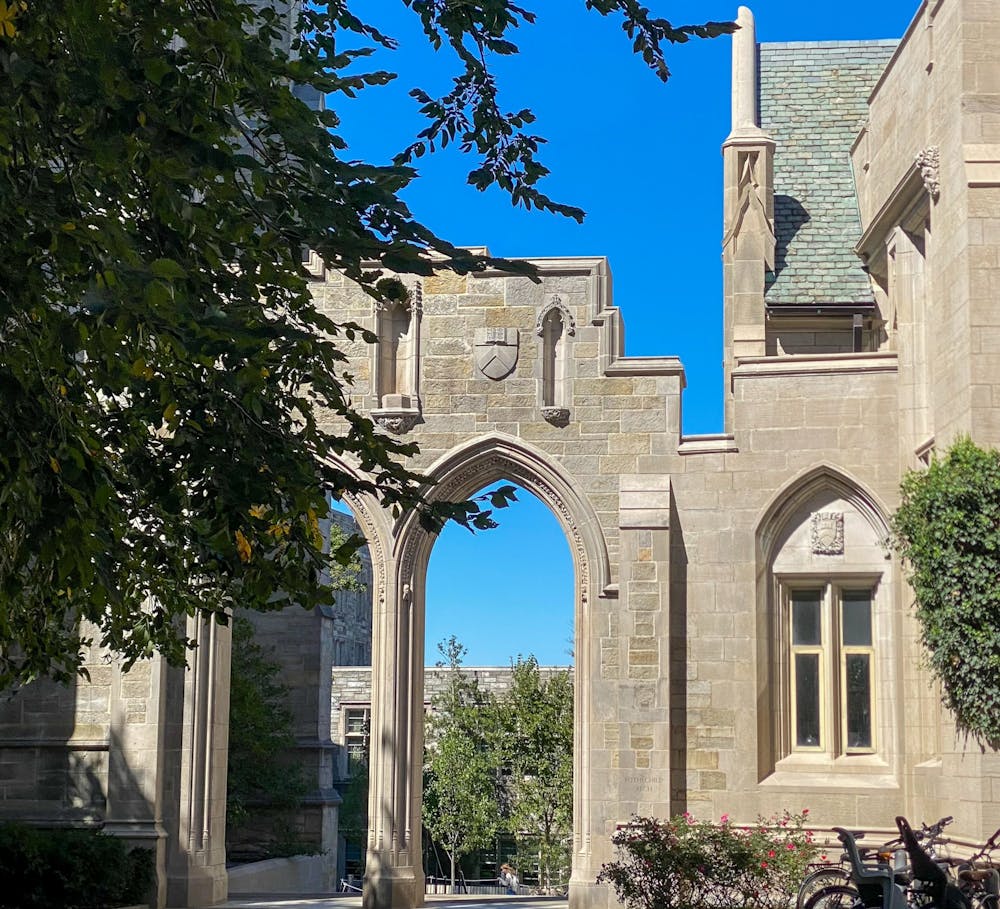The University recently announced its plan to transition from certificates that students could earn to a system of minors. This change will allow existing interdisciplinary certificate programs to transition to minors, but will also allow departments to propose minors within a single department. The introduction of minors is a positive shift, created in order to recognize students who study one field outside their main field deeply.
However, the introduction of minors will only provide students with new recognition if the University removes the obstacles within the current certificate system.
There is a certain guilt that taking courses that a student is interested in may be “extra classes” prolonging their progress towards their major. The point of minors should be to allow students to pursue in-depth departmental study without that guilt, no matter whether those classes fit into one of the boxes that the certificate programs lay out or not.
There are two changes the University needs to make to meet this goal. Firstly, all major tracks should be able to be pursued as minors in order to cater to the diverse academic interests and capabilities of Princeton students. If a student takes a secondary department’s core classes in a way that suits their academic interests, they should be able to get recognition. It doesn’t make sense for students in Classics to get credit for a minor whereas students taking equivalent courses in Geosciences do not. In a similar vein, no minors should be limited to a specific set of students, as is true of some certificate programs. Currently, only Politics and Economics majors can pursue the program in Political Economy.
Secondly, the University should be aware that the Classes of 2025 and 2026, who are able to earn minors, have made academic decisions already and should be accommodating when it comes to requirements. Some students might be blocked out of certain minors because of course decisions they took before the minor was introduced. For example, if a student has taken an equivalent course that is different from a core class for a new minor, this student should not be locked out of said minor. These students will be able to take the required class for credit. For example, if the newly proposed Quantitative Economics minor will require students to take math-track economics classes (ECO 310, 311, etc.) then those who have taken the non-math-track equivalents (ECO 300, 301) may be locked out of this minor as the two courses cannot be taken multiple times for credit. Ideally, the University should allow for a broader consideration of the coursework rising sophomores and juniors have already then and create a variety of course combinations that could be used to satisfy minor requirements.
The University should also consider dropping the independent work requirement for pursuing a minor. With students already having to complete a JP (sometimes two) and a senior thesis, the independent work requirements often lead to students abandoning a certificate if its independent work cannot coincide with their JP/thesis. Hence, by dropping the compulsory independent work, Princeton will make it easier for students pursuing a second field to earn credit. This is especially true when the second field does not complement the major, as in the case of a humanities major pursuing a STEM minor and vice versa. Here, it is key to note that dropping the independent work requirement would not be unprecedented. Within Princeton, for example, the existing Neuroscience certificate does not require independent work.
Princeton’s steps towards a formal minors program add to the rich opportunities for in-depth education in various departments present at Princeton. However, this process will only be efficient if the grievances and barriers that were present in the preexisting certificate system are removed. Let these new minors remove old major obstacles.
Aly Rashid is a rising sophomore from Lahore, Pakistan majoring in the School of Public and International Affairs. Outside of the ‘Prince,’ he serves as deputy captain of the Model UN Team and IC Leader at the Davis IC. He can be reached at ar1211@princeton.edu.








